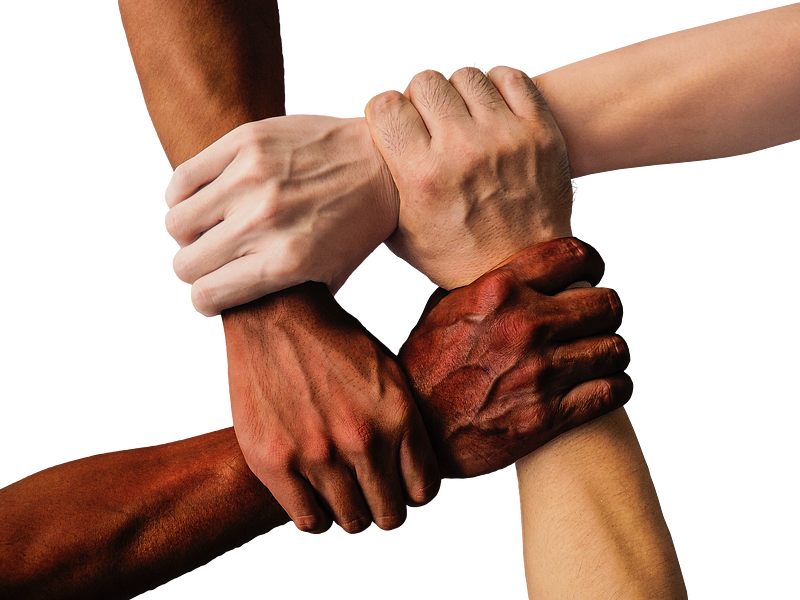
Editor’s note: the views expressed on the Opinion pages are those of our writers and are not necessarily representative of the Editorial Board.
The Justice Department’s announcement on Sept. 5 regarding the Deferred Action for Childhood Arrivals program (DACA) was not a surprise for many people. In fact, it seems that the program was doomed from the moment Donald Trump won the election. Dismantling DACA was one of the promises during Trump’s campaign, and it is now becoming a reality.
From a practical perspective, ending DACA is not a rational decision aimed towards benefiting the country. Instead, it appears to be a frenzied attempt to destroy any surviving evidence of any successful policies implemented during the “disgraceful” Obama-era. Frankly, the incentive behind the removal of DACA reeks of childish impulse and juvenile rage. This decision is similar to a child tearing another child’s painting to shreds just because that painting is much more beautiful than his own. Except in this case, the child in question is venting his anger at the cost of millions of people’s futures.
DACA not only helped the individuals who wanted to prosper in the United States, but it also showed that with governmental aid, immigrants could integrate successfully and contribute to American society. I do not see how removing a constructive policy like DACA will achieve anything positive; the decision is going to ruin the lives of 800,000 young immigrants who have already integrated American society. But why do people back this decision that seems so arbitrary and pointless? The answer lies in an ideology of intolerance that is deeply entrenched in the White House and its supporters.
The racist inside of us: coming to terms with whiteness — and what to do about it
By Julia Dupuis ’21, Opinion Contributor
spec.hamilton.edu
Supporters of the removal of DACA claim that its beneficiaries broke the law by being in the US without proper documentation. They cannot tolerate the “DREAMers” because they are, in their view, illegal immigrants. Those holding this view, however, fail to recognize that DACA only applies to those who entered the US under the age of 16. How much independence or autonomy does a 16-year old have? DACA is tailored to the people who cannot make decisions for themselves. The vast majority of the beneficiaries were brought to the U.S. by their family. Do children break the law for wanting to live with their parents? Should we deem children who had no control over major life decisions responsible for crossing the border? Perhaps some parents of the DACA beneficiaries did move to the U.S. without going through the immigration procedures, but that is not a valid reason for us to mistreat those who came here as children.
In any country governed by law, children should not be responsible for the transgressions of their parents. All things considered, we do not have too many reasons to blame their parents either. It is only natural that the parents want to provide the best they possibly can for their children, and the love for their children gives them the strength to do whatever it takes.
Some may argue that DACA beneficiaries take away opportunities that “belong” to “genuine” Americans. I have always wondered about the nature of this rhetoric — just what is an “American?” Maybe some think only those born in the US are qualified as Americans, maybe some think only the color of someone’s skin makes someone American or perhaps one must adopt the American lifestyle to become an American. Most of the DACA immigrants have spent their entire life in the US, even if they were born in a different country. For these people, the US is their only home, the only place where they know how to live and succeed. Therefore, I think they are in no way different from those claimed to be the “real” Americans. This should mean that they deserve to be treated with respect like their fellow citizens. Yet they still suffer from the intolerant attitudes of those who refuse to appreciate the effort they made to integrate into American society.
Letter to the editor: what is “Common Ground” when the ground has shifted?
By Nigel Westmaas, Associate Professor of Africana Studies
spec.hamilton.edu
So much of the discussion on immigration is centered around differences. People convince themselves that stereotypes and differences between groups of people actually exist as thoughts that cannot be changed. They are only capable of seeing patterns in other people’s behaviors that confirm their suspicions.
I think many proponents of removing DACA have never even met or talked to a DACA beneficiary, and that they support this irrational decision simply because they think that “they” have come to take jobs away from “us.” As a consequence, both sides suffer more because of the obsession over difference. Many aspiring young immigrants face a bleak future while those who propose to take away their support reinforce their mistaken beliefs.
I think that tolerance towards people of various backgrounds is vital to the nation we call the United States today. The dismantling of DACA will surely send an ambiguous message to the rest of the world. Does this mean that America no longer accepts the poor, the tired and the huddled masses yearning to be free? Should all the immigrants who still harbor the notion of the American dream pick a different country instead?
If we look deeper at the virtuous ideal DACA embodies, we will know that DACA means more than a bright future for 800,000 young immigrants. It shows how tolerant America is willing to be, and needs to be, for now and in the future.

























